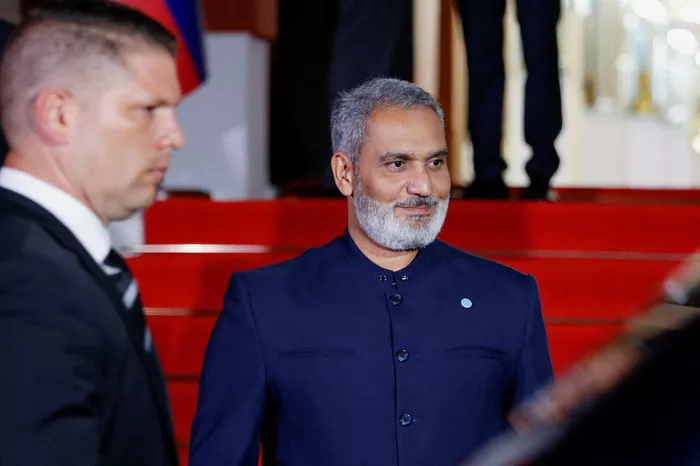The recent decision by OPEC+ to phase out production cuts from October 2024, coupled with a pledge to extend oil cuts until 2025, has sparked market concerns about potential oversupply despite sluggish demand growth. OPEC Secretary General Haitham Al Ghais defended the move, emphasizing its necessity during his address at the St. Petersburg International Economic Forum in Russia.
The decision, made on June 2, allowed for the gradual phase-out of voluntary cuts from eight members starting October this year while maintaining other cuts amounting to 3.66 million barrels per day (bpd) until the end of 2025. Notably, Russia, among the countries in agreement, currently targets a production of 9 million bpd by the month’s end, with a current cut of 471,000 bpd in place, as reported by Reuters.
Comprising approximately 40% of global oil production, OPEC+ consists of OPEC’s 13 members and ten non-OPEC countries. Al Ghais hailed the decision as a success, but market response reflected concerns over potential oversupply, with Brent crude prices plummeting from $80.04 before the decision to $75.85. However, recent market trends suggest an upward trajectory, with Brent crude trading above $78 amid expectations of an interest rate cut from the US Federal Reserve.
Saudi Arabia’s energy minister, Prince Abdulaziz bin Salman, attributed the decision to the pursuit of market share, criticizing media speculation and its impact on market dynamics. He emphasized the organization’s commitment to stabilizing the market amidst challenges posed by sluggish global demand growth, primarily attributed to China’s economic recovery from the COVID-19 pandemic and increased exports from the United States and Guyana.
At the forum, UAE’s energy minister Suhail Al Mazrouei reaffirmed the country’s commitment to OPEC+ objectives despite media reports suggesting non-compliance with output criteria. Although a Bloomberg report highlighted overproduction by Iraq and the UAE, Al Mazrouei stressed their efforts to stabilize the market, referring to them and other key producers as the ‘great 8’.
Senior OPEC+ ministers indicated a willingness to adjust the output agreement if necessary, signaling a commitment to market stability amidst evolving dynamics.
Related topics:
OPEC+ Extends Oil Output Cuts Amidst Economic Factors
OPEC, Other Oil Companies Under Antitrust Scrutiny By Us House Lawmakers
OPEC Oil Production Rises In May: Nigeria And Iraq Lead The Way

